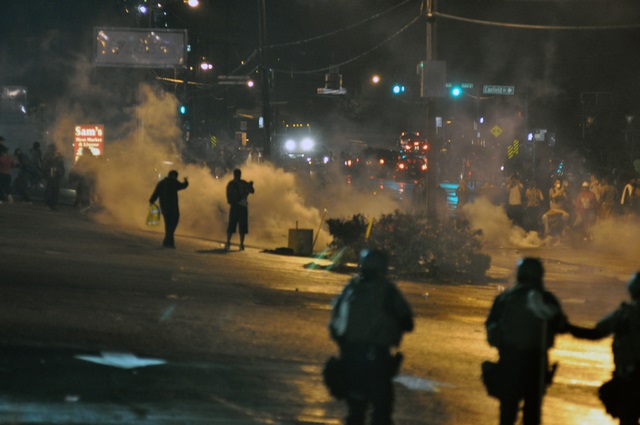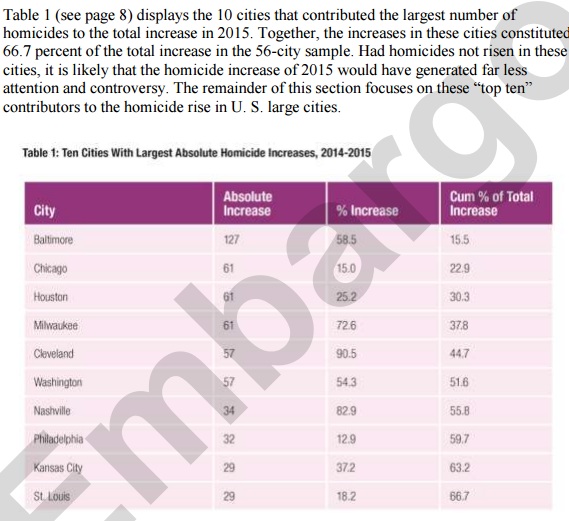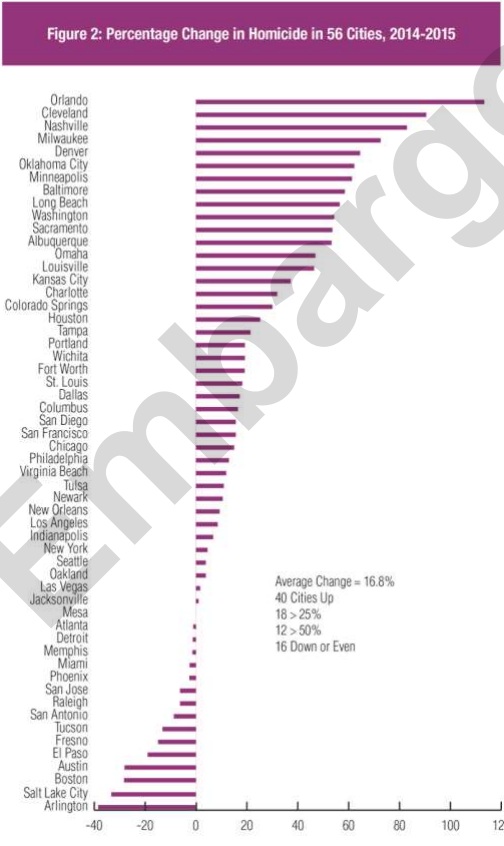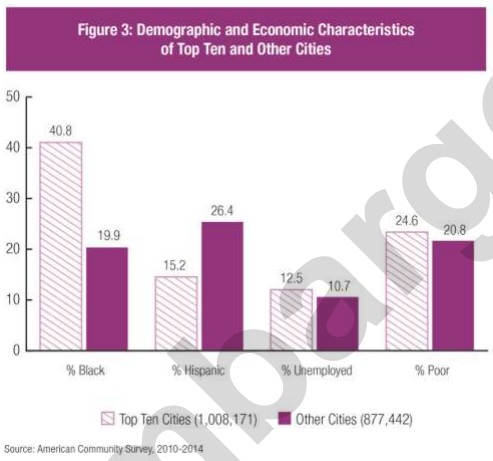DOJ: 'Nearly Unprecedented' Rise in Homicides for Cities with 'Large Black Populations'Chris MenahanInformationLiberation Jun. 16, 2016 |
Popular 
Video Appears to Show Alex Pretti Spit at ICE, Kick Taillight Out of ICE Vehicle in Prior Confrontation

Trump Expected to Pick Kevin Warsh, Son-in-Law of Zionist Billionaire Ron Lauder, as Fed Chair

New TikTok CEO Told World Jewish Congress How They Censored Criticism of 'Zionists'

Mark Levin Urges Trump to Strike Iran and Kill the Ayatollah and His Family

Israeli-American Council Asks Miriam Adelson and Haim Saban How They Control U.S. Politicians
  A new DOJ study shows there's been "a nearly unprecedented" rise in homicides among cities with "large African-American populations." A new DOJ study shows there's been "a nearly unprecedented" rise in homicides among cities with "large African-American populations." Via RT: As the US comes to terms with the Orlando massacre, the Justice Department has revealed "a nearly unprecedented" spike in homicides. Yet, the worrisome surge was not due to mass shootings, but a "Ferguson effect," the new DOJ study says.  However, Rosenfeld focuses not so much on the spike itself, but on the specific factors that lay behind the 2015 homicide rise. He highlights three “plausible explanations” – a surge in the illegal drug trade, a wave of released prisoners, and a theory known as the “Ferguson effect.”  It is no coincidence that the name of the controversial trend – “Ferguson effect” – corresponds to the August 2014 death of an unarmed 18-year-old African-American man shot by a white police officer in Ferguson, Missouri.  Police abuse and violence in black communities are two completely different issues. As police have backed off in these cities due to the rise of "Black Lives Matter" and the whole "police love to kill black people for fun narrative," homicides are skyrocketing. Follow InformationLiberation on Twitter and Facebook. |



